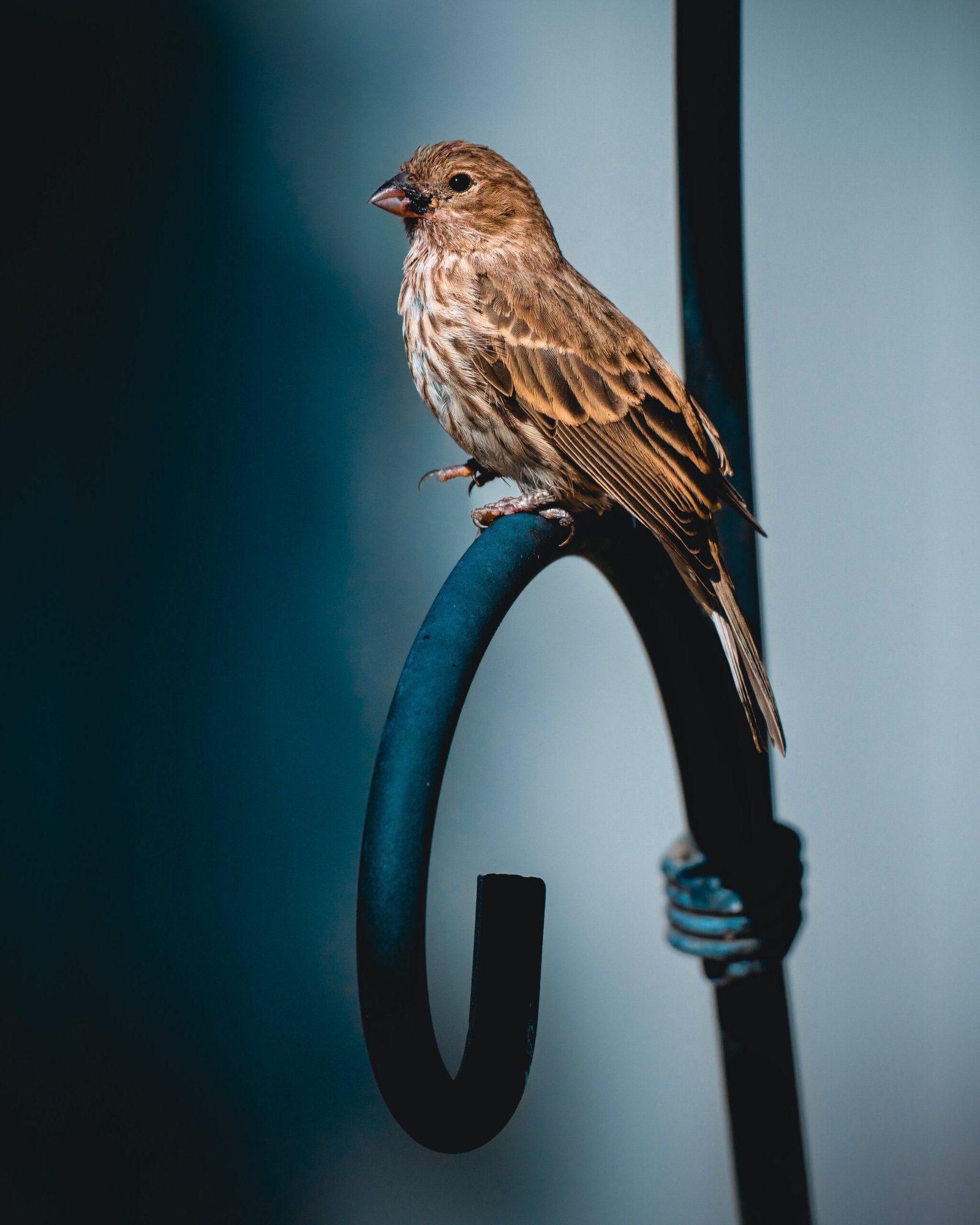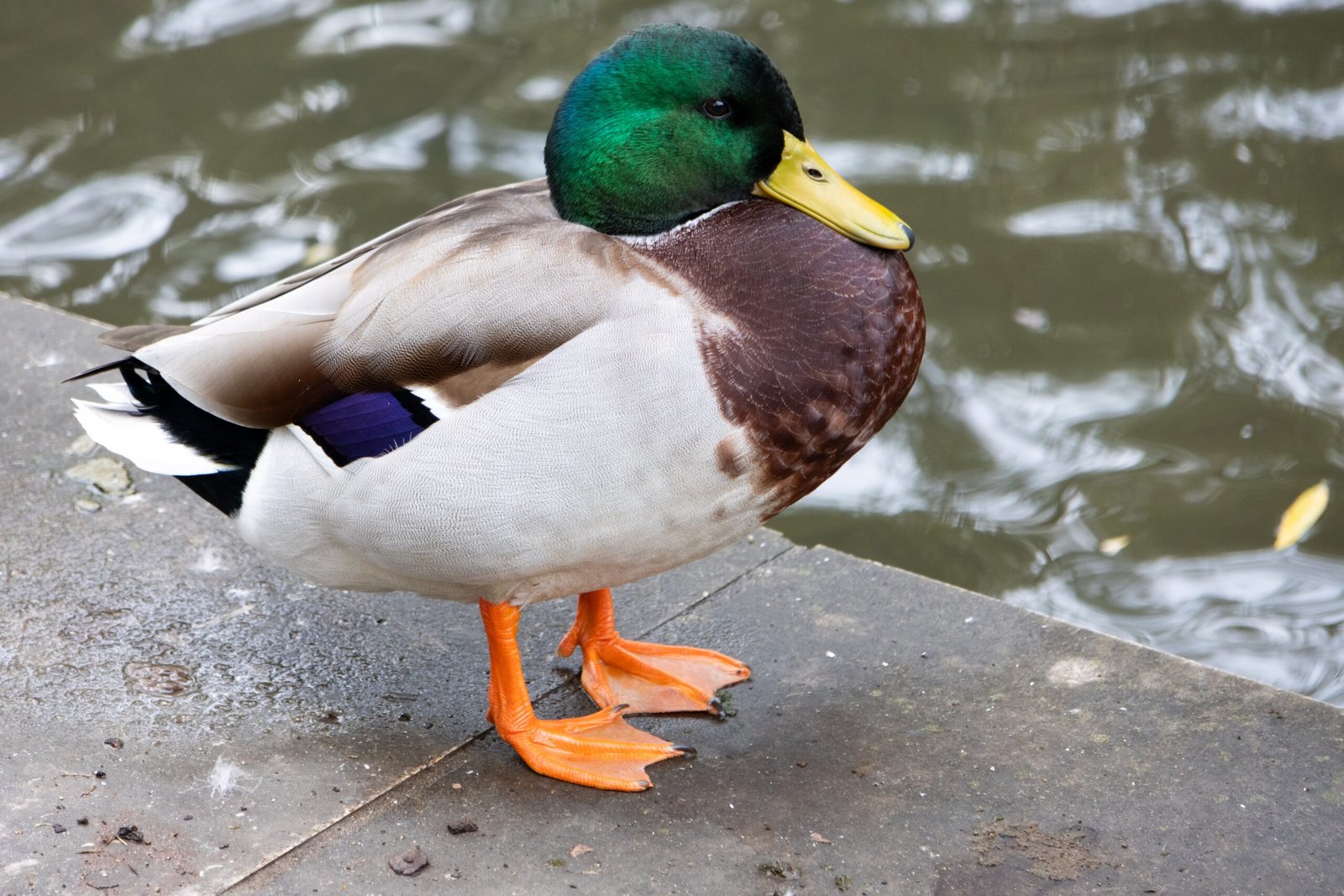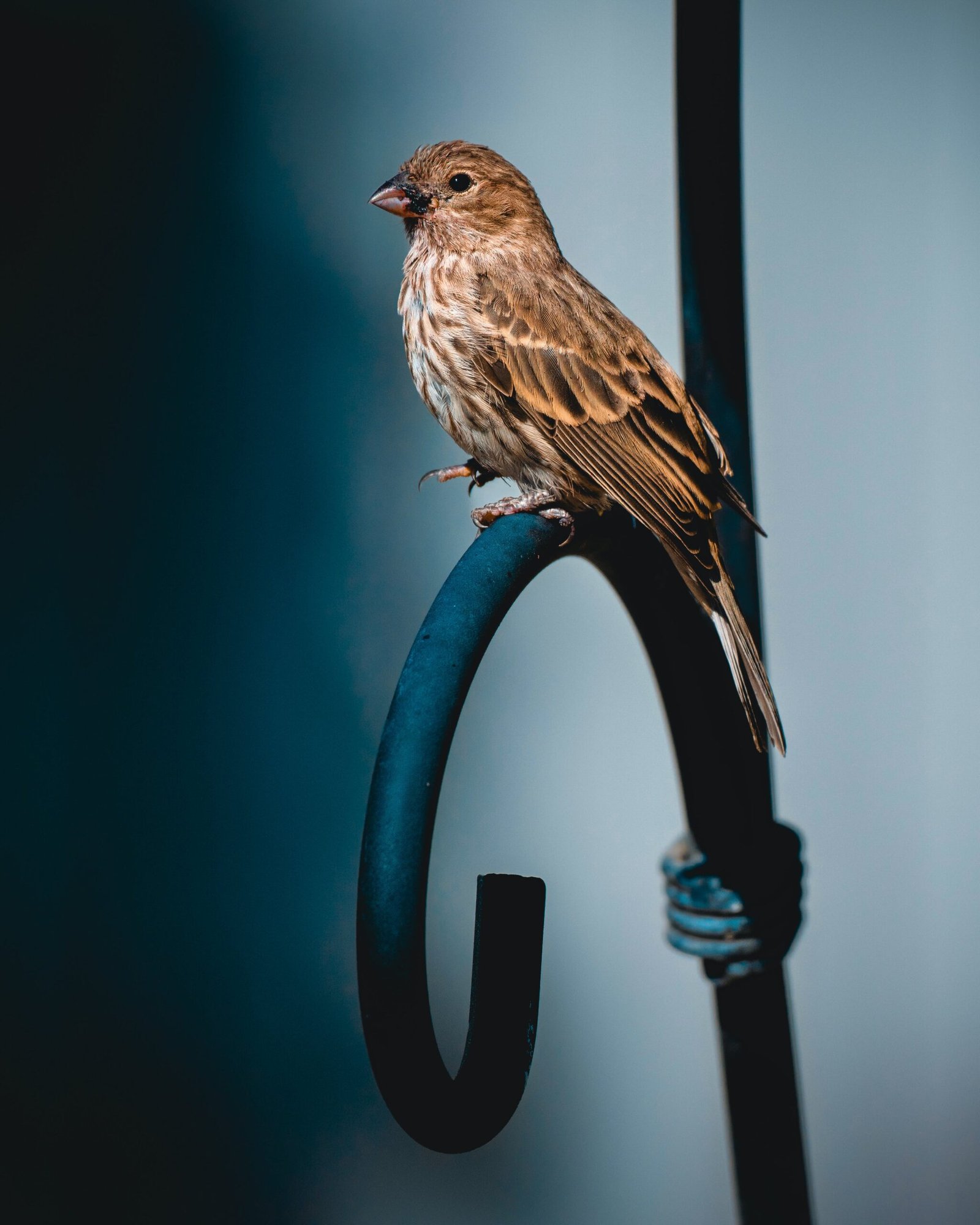
Are your chickens experiencing feather pecking and you’re wondering how to prevent and treat it? Look no further! In this article, we will explore effective methods and strategies to address this issue. Feather pecking can be a frustrating and even harmful behavior in chickens, causing feather damage and potential injuries. But fear not, by implementing the right techniques and providing a stimulating environment, you can help your feathered friends live a happy and peck-free life. It’s time to tackle this problem head-on and ensure a peaceful and thriving flock.

Preventing Feather Pecking
Feather pecking is a common behavioral problem in chickens that can lead to significant feather damage and potential health issues for the affected birds. However, with proper prevention strategies in place, you can minimize the occurrence of feather pecking and maintain the well-being of your flock. In this article, we will explore various methods to prevent and treat feather pecking, ensuring the overall health and happiness of your chickens.
Understanding the Causes of Feather Pecking
To effectively prevent feather pecking, it is important to first understand its underlying causes. Feather pecking can stem from a combination of environmental, social, health, and genetic factors.
Environmental Factors
Creating a suitable environment for your chickens is crucial in preventing feather pecking. Providing sufficient space allows chickens to engage in natural behaviors, reducing stress and potential aggression. Additionally, enriching the environment with stimulating objects, such as perches, dust bathing areas, and toys, can distract chickens from engaging in detrimental pecking behaviors.
Social Factors
Proper social integration techniques play a vital role in preventing feather pecking. Gradually introducing new chickens and avoiding overcrowding can help establish a harmonious pecking order within the flock. Maintaining a balanced social dynamic and preventing bullying behavior can significantly reduce the occurrence of feather pecking.
Health Factors
Healthy chickens are less prone to feather pecking. Regular health checks, prevention of parasite infestations, and prompt treatment of infections are essential in maintaining optimal health and reducing the likelihood of feather pecking. Additionally, implementing biosecurity measures can prevent the introduction and spread of diseases, further safeguarding the well-being of your flock.
Genetic Factors
Genetic predisposition can also play a role in feather pecking. Selecting chicken breeds with lower aggression levels and breeding for improved feather condition can help reduce the occurrence of this behavior. Working with breeders who prioritize temperament and feather quality can assist in preventing feather pecking in your flock.
Providing Adequate Space and Environmental Enrichment
Proper housing and environmental enrichment are key factors in preventing feather pecking. Providing sufficient space allows chickens to engage in natural behaviors and reduces stress levels, minimizing the likelihood of aggressive pecking. Each chicken should have enough room to spread their wings and move freely.
Creating a stimulating environment is also crucial. Chickens are naturally curious creatures, and offering objects such as perches, dust bathing areas, and toys can keep them occupied and prevent boredom. This helps redirect their focus away from pecking at each other’s feathers.
Proper lighting is another important aspect of environmental enrichment. Chickens require a certain amount of light to maintain a healthy circadian rhythm and prevent boredom-related behaviors. Ensure that your chicken coop has proper lighting to provide a consistent day-night cycle for your flock.
Good ventilation is essential for maintaining a healthy environment. Proper airflow helps remove excess humidity and ammonia, reducing the likelihood of respiratory issues and discomfort, which can trigger feather pecking. Regularly clean bedding and maintain dry conditions to further promote a healthy living environment.
Balanced Nutrition and Feeding Practices
Maintaining a balanced diet and implementing appropriate feeding practices can significantly contribute to the prevention of feather pecking.
Providing a nutritionally balanced diet is crucial. Ensure that your chickens are receiving a feed that meets their specific nutritional requirements, including essential vitamins, minerals, and protein. A properly balanced diet supports overall health, including feather quality, reducing the likelihood of feather pecking behavior.
Avoiding nutritional deficiencies is also important. Inadequate levels of certain nutrients, such as essential amino acids or vitamins, can lead to feather abnormalities and increased susceptibility to feather pecking. Consult with a poultry nutritionist to ensure that your flock’s diet is well-balanced and meets their specific needs.
Offering appropriate feeding frequency can help reduce competition and aggression among chickens. Providing multiple feeding stations and spreading out the feeding times can minimize the likelihood of aggressive pecking behavior associated with limited food availability.
Using feeder design strategies that minimize competition can also be beneficial. Choose feeders that allow all chickens easy access to food, reducing the chances of one dominant chicken monopolizing the feed. This helps create a more harmonious feeding environment, reducing the likelihood of aggressive pecking behavior.
Encouraging foraging behavior can distract chickens from engaging in feather pecking. Scatter food around the coop or provide treat balls to promote natural feeding behaviors. Creating opportunities for chickens to forage engages their natural instincts and reduces the chance of pecking at each other’s feathers.
Maintaining Optimal Health and Hygiene
Maintaining the health and hygiene of your flock is paramount in preventing feather pecking. Regular health checks allow you to promptly detect and treat any potential health issues that could contribute to aggressive pecking behavior.
Preventing and treating parasite infestations is essential in maintaining optimal health. Regularly check for external parasites such as mites and lice, and employ appropriate measures to eliminate them. These parasites can cause discomfort and irritation, leading to feather pecking as a way of relief.
Feather mites and lice are particularly notorious for causing feather damage. Implement regular monitoring and take necessary steps to manage and control these pests. Specialized treatments are available to eliminate feather mites and lice, ensuring the health and comfort of your chickens.
Infections, such as bacterial or fungal infections, can also contribute to increased feather pecking. Proper biosecurity practices, rigorous cleaning routines, and prompt medical treatment can minimize the risk of infections within your flock. Regularly disinfecting the coop and providing clean bedding reduces the chances of bacterial or fungal growth, maintaining a healthy environment for your chickens.
Implementing biosecurity measures is crucial to prevent the introduction and spread of diseases. Restricting access to the coop, quarantining new birds before integration, and ensuring proper hygiene practices helps protect against potential infection sources. Regularly consult with a poultry veterinarian to stay updated on the latest biosecurity recommendations.
Implementing Social Integration Techniques
Promoting good social dynamics within your flock can significantly reduce the occurrence of feather pecking. Implementing proper social integration techniques ensures a harmonious pecking order, minimizing aggression and hierarchical-related feather pecking.
Gradually introducing new chickens to an existing flock is essential to prevent social stress and feather pecking. Isolate new birds in a separate enclosure within sight of the existing flock for a period of time, allowing them to become familiar with each other without direct contact. This gradual introduction helps to establish social bonds and minimize aggression.
Avoiding overcrowding is crucial to maintaining a peaceful environment. Overcrowding can lead to stress and increased competition for resources, triggering aggressive pecking behavior. Ensure that your chicken coop provides sufficient space for all chickens, promoting well-being and reducing the likelihood of feather pecking.
Balancing the pecking order within the flock is an important aspect of social integration. Monitor social interactions closely and intervene if necessary to prevent one dominant chicken from excessively pecking at others. This can be achieved by temporarily separating aggressive individuals or using visual deterrents to redirect their behavior.
Preventing bullying behavior among chickens is vital to avoid feather pecking. Regularly monitor the flock for signs of aggressive or bullying behavior and separate chickens if necessary. Providing additional resources, such as extra feeding stations or perches, can help alleviate competition and reduce the likelihood of bullying.
Monitoring social dynamics within the flock is an ongoing task. Regularly observe interactions, ensure good social integration, and intervene if necessary to maintain a peaceful environment. A well-balanced social structure reduces stress and aggressive pecking behavior, promoting the overall welfare of your chickens.
Using Anti-Pecking Products and Methods
In cases where prevention methods alone are not sufficient, various anti-pecking products and methods can be employed to address feather pecking issues. These methods are aimed at discouraging chickens from engaging in feather pecking behavior and redirecting their attention to more appropriate activities.
Beak trimming, when done by a trained professional, can be an effective technique to prevent severe feather pecking. Trimming the sharp tip of the beak reduces the potential for causing damage during pecking. However, it should only be considered as a last resort after all other prevention strategies have been exhausted.
Anti-pecking devices, such as pecking blocks and anti-peck sprays, can be used to deter chickens from engaging in feather pecking. Pecking blocks, made from materials like wood or metal, require chickens to peck at them instead of each other’s feathers. Anti-peck sprays, which contain bitter-tasting substances, can discourage chickens from pecking at feathers due to the unpleasant taste.
Applying bitter-tasting solutions directly to feathers can also deter pecking. These solutions typically contain substances such as cayenne pepper or apple cider vinegar. The unpleasant taste serves as a deterrent, discouraging chickens from pecking at each other’s feathers.
Visual deterrents, such as shiny objects or reflective surfaces, can also redirect chickens’ attention away from feather pecking. Hanging CDs or mirrors in the coop can provide a distraction and reduce the likelihood of aggressive pecking behaviors.
Employing redirection techniques can help modify chickens’ behavior and minimize feather pecking. Providing interactive toys, such as treat balls or hanging vegetables, encourages chickens to engage in more appropriate pecking behaviors. These activities channel their natural instinct to peck towards objects rather than each other’s feathers.

Treating Feather Pecking
Despite best prevention efforts, feather pecking may still occur within a chicken flock. Identifying and treating feather pecking problems promptly is essential to prevent severe feather damage and potential health complications. In this section, we will explore various methods to treat feather pecking, ensuring the well-being and recovery of affected chickens.
Identifying the Feather Pecking Problem
Promptly identifying the presence and severity of feather pecking is crucial for effective treatment. Observing chickens’ behavior closely is the first step in recognizing this problem. Look for signs of excessive pecking, aggression, or anxious behavior among the flock.
Checking the condition of feathers and skin is also important in identifying feather pecking. Look for feather loss, damaged feathers, or signs of skin irritation or wounds. The severity and frequency of feather damage can help gauge the extent of the problem and guide treatment decisions.
Separating the Affected Chickens
If you identify feather pecking within your flock, it is important to separate the affected chickens from the rest to prevent further damage and allow for healing. Isolate the injured or targeted individuals in a separate enclosure or a designated recovery area within the coop.
Separation not only prevents further aggression towards the affected chicken but also allows them to heal in a stress-free environment. Provide ample space, appropriate bedding, and access to food and water in their recovery area.
Managing Feather Damage
Managing feather damage is crucial to ensure a speedy recovery for affected chickens. Trim or remove any severely damaged feathers to prevent further pecking or infection. Feather clipping should be done carefully to avoid causing any additional stress or discomfort to the affected bird.
Feather loss can lead to vulnerability and discomfort for chickens. To promote healing and prevent self-inflicted injury, apply a gentle antiseptic solution to any exposed skin. This helps prevent infections and soothes any irritation or inflammation caused by feather pecking.
Applying topical treatments, such as anti-peck sprays or bitter-tasting solutions, to the affected areas can help deter further feather pecking. The unpleasant taste or smell discourages both the targeted chicken and other flock members from continuing the aggressive behavior.
Administering Behavioral Modification Techniques
Addressing the underlying behavioral causes of feather pecking is essential for effective treatment. Behavioral modification techniques can help redirect chickens’ behavior and discourage feather pecking.
Distracting chickens from engaging in feather pecking can be achieved by providing them with alternative activities. Interactive toys, treat balls, or hanging vegetables can keep them engaged and focused on more appropriate pecking behaviors. This redirection helps redirect their attention away from pecking at each other’s feathers.
Monitoring flock dynamics and intervening if necessary is an important aspect of behavioral modification. Balancing the pecking order, preventing bullying behavior, and ensuring a harmonious social structure within the flock helps minimize aggressive pecking tendencies.
Considering Medication and Dietary Supplements
In some cases where feather pecking is deeply rooted or persistent, medication or dietary supplements may be considered to address underlying issues. Consult with a poultry veterinarian to discuss potential treatment options and determine the most appropriate course of action for your flock.
Medication, such as anti-anxiety or anti-depressant drugs, may be prescribed in severe cases to alleviate stress and reduce the likelihood of feather pecking. These medications should only be administered under the guidance and supervision of a veterinarian.
Dietary supplements, such as omega-3 fatty acids or certain herbs, may also be recommended to support a healthy nervous system and reduce stress levels. These supplements can help address any underlying nutritional deficiencies or imbalances that may contribute to feather pecking.
Seeking Veterinary Advice and Intervention
If feather pecking persists despite your best efforts, it is important to seek professional veterinary advice and intervention. A poultry veterinarian can provide in-depth guidance, conduct diagnostic tests, recommend specific treatments, and tailor a comprehensive plan to address the feather pecking issue within your flock.
Contacting a poultry veterinarian should be a priority if the feather pecking problem is severe, the health of affected chickens deteriorates, or the overall well-being of the flock is compromised. The expertise and guidance of a veterinarian can significantly contribute to resolving the issue and ensuring the health and happiness of your chickens.
In conclusion, prevention and prompt treatment are the key to addressing feather pecking in chickens. By understanding the causes of feather pecking and implementing preventative measures, you can minimize the occurrence of this behavior within your flock. Providing adequate space and environmental enrichment, balanced nutrition, and maintaining optimal health and hygiene are essential in preventing feather pecking. In cases where prevention strategies fall short, using anti-pecking products and seeking veterinary advice can assist in treating feather pecking problems effectively. With proper prevention and treatment methods in place, your chickens can thrive in a peaceful and healthy environment, free from the negative effects of feather pecking.








